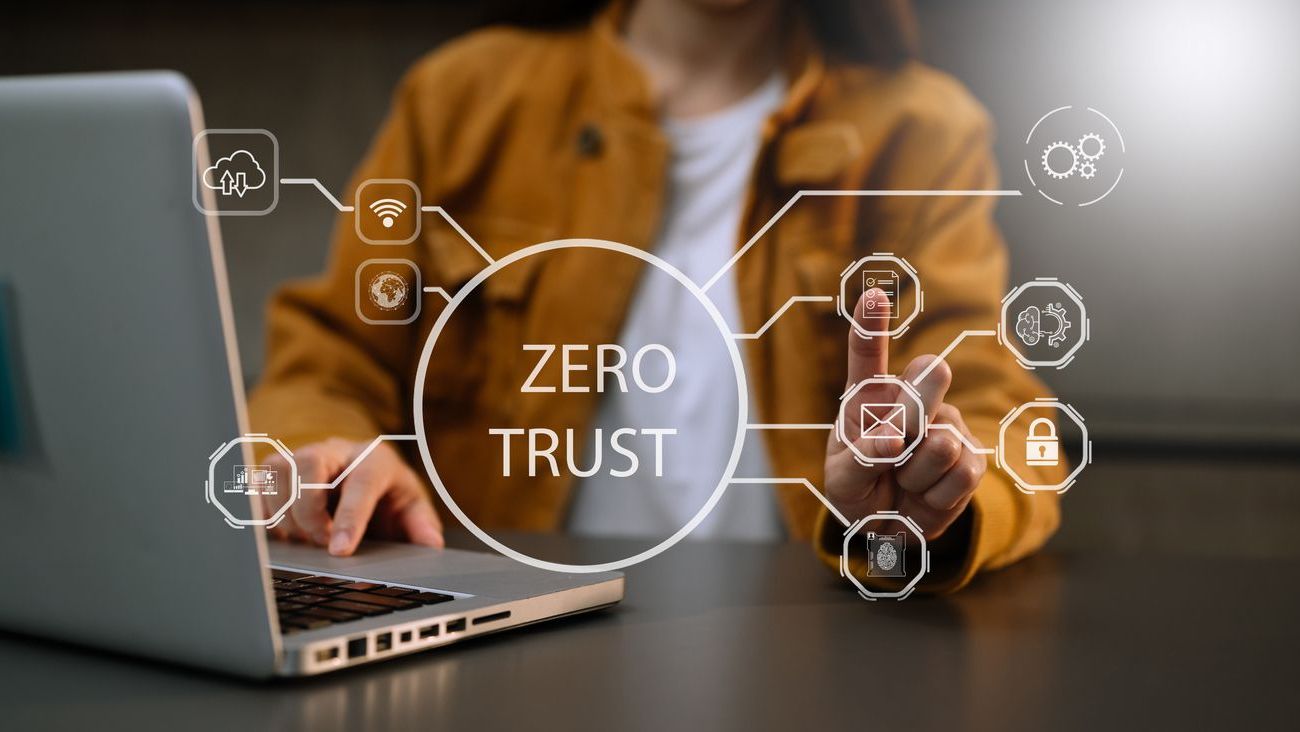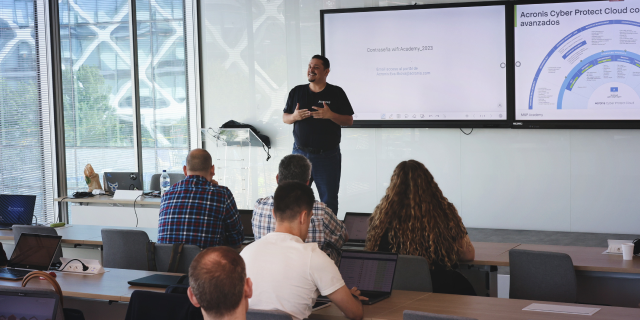The importance of Zero Trust security became clear a couple of years ago. The SolarWinds supply chain cyberattack in 2020 was a wake-up call that exposed a fundamental flaw in traditional perimeter-based security models.
A single breach in SolarWinds’ software update system allowed threat actors to infiltrate the networks of the company’s customers — numerous U.S. government agencies and Fortune 500 companies. This highlighted the interconnected nature of IT and the vulnerabilities inherent in the trust-but-verify approach to network security. This incident serves as a warning, underscoring the critical need for MSPs to adopt a more robust security paradigm.
Earlier this year, an IT consulting firm was sued in U.S. federal court by its customers for a data breach, even though the breach originated from the firm’s MSP. This exposed the sensitive data of 1.1 million people, further demonstrating the importance of robust security measures for MSPs.
Fortunately, Zero Trust security offers a transformative approach for MSPs seeking to safeguard their clients’ infrastructure from risks posed by supply chain attacks. By implementing Zero Trust principles, MSPs can reinvent their security strategies, ensuring that every user, device, and application is continuously verified and granted least privileged access.
The Unique Challenges of MSP Security
An MSP’s work is different from other IT vendors with unique risks and assumptions of risk.

Pankit Desai
For instance, a managed security service provider (MSSP) must have a strong understanding of security contexts, the ability to fortify defenses, and provide platforms that inherently come with significant security elements. It is the responsibility of MSSP to provide security services at a higher level than other services providers. On the other hand, an application developer primarily focuses on code development, typically affecting only one customer at a time.
However, security doesn‘t need to be an MSP’s core competence. Rather, its expertise should be optimization and network efficiency. MSPs are tasked with managing the infrastructure of multiple clients; they have access to multiple networks, databases, servers, and cloud infrastructure. Therefore, the risk factor for an MSP is significant. There is great concern about supply chain attacks, where attackers target an MSP’s infrastructure — not always to directly impact them but to hit their customers.
Traditionally, MSPs secured networks with a strong perimeter, assuming anyone inside was trusted. But this approach leaves them vulnerable to supply chain attacks, as a breach at the MSP can ripple through their entire customer base. Zero Trust security offers a powerful solution by constantly verifying users, devices, and applications before granting access to resources. This “least privilege” approach limits the damage attackers can do.
Human Element and Security Expertise
Most individuals in MSPs are super users with extensive access rights. This, unlike traditional organizations with categorized users and human errors, can have major consequences. That’s why a Zero Trust security approach is needed, where no user or system is inherently trusted, and continuous verification and least privilege access enforced.
Many MSPs fall short when it comes to comprehensive security practices though they may be able to efficiently manage workload shifting and provisioning. In fact, the MSP may not be able to effectively address security concerns unless the company engaging them also employs a separate MSSP. MSSPs often fill the gap in expertise by offering specialized security services to MSPs and their clients.
MSPs can bridge the gap by partnering with an MSSP that specializes in Zero Trust security implementations, ensuring a more robust, comprehensive security posture for clients.
A Clear Need
As the threat landscape evolves, embracing a Zero Trust security model is no longer an option but a necessity. MSPs that adopt this robust security paradigm can fortify their clients’ and their own defenses, mitigate supply chain risks, and establish a secure environment.
The path to a truly resilient cybersecurity posture lies in continuous verification, least privilege access, and partnership with specialized MSSPs.
Pankit Desai is co-founder and CEO of Sequretek, a cybersecurity, cloud security products, and services company. He previously held technology leadership and management roles in IT industry companies such as NTT Data, Intelligroup, and Wipro Technologies.
Image: iStock













